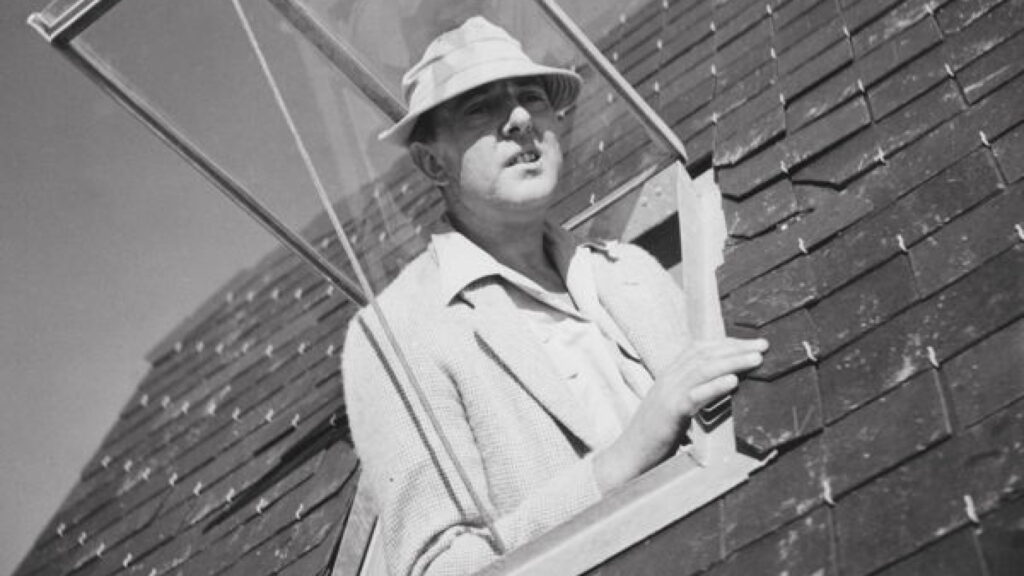
It’s amusing to consider that at the same time members of the French New Wave such as Godard and Truffaut were noisily clamoring for a cinematic revolution, a fellow countryman and former mime was thumbing his nose at modernity through an almost wordless screen persona. Monsieur Hulot’s Holiday is the first of actor/director Jacques Tati’s four films to feature the title character, an innocent gentleman as recognizable from his hat, pipe, and awkwardly hapless body language and facial expressions as the Little Tramp or Buster Keaton with their trademark accoutrements.
Like Tati’s other films, Holiday offers little in the way of plot, merely following Hulot and other nearby vacationers during a beachside sojourn, from arrival to departure. The focus instead is on a steady stream of visual gags, typically involving Hulot inadvertently disrupting the routine of the dour, rigid hotel staff and his sedate (read: dull) neighbors. Dialogue is also secondary in Tati’s films, with otherwise ordinary sounds—the twang of a restaurant door, the thwack of a tennis ball—given greater emphasis for comic effect. Indeed, the unintelligible train station PA announcements at the beginning of the movie are funnier than any subsequent dialogue (and guaranteed to induce a laugh of recognition from anyone who has ever used public transportation).
Tati’s later work would become more complex visually, in part due to the transition from black-and-white to color, depicting urban life in all its drabness, monotony, and technological sterility, only transiently undermined by Hulot’s colorful, chaotic intrusions. However, the seeds of subversion were already planted in Monsieur Hulot’s Holiday: a bloviating political speech on the hotel radio is drowned out by Hulot’s cacophonous record player, and including a neglected young lad in the merriment of a costume party is more important than his pompous father’s ever-intrusive business calls.
Even more significantly perhaps, Tati’s eye for the comical and ridiculous in everyday human behavior can help us slow down and see our world afresh. One of the actors from his final Hulot film (Trafic) stated it well: “So many funny things happen every day, but we don’t pay attention. When you know Tati, you notice all the incredible things happening in the street.” Revolutionary, indeed. — Andrew Spitznas (2010)
Arts & Faith Lists:
2010 Top 100 — #97